LEARNING MY LESSON
I got scolded yesterday. As a grown-up with decades of experience in my field, I don’t experience that kind of disapproval often. But it happened – and it took me right back to childhood.
I was around seven, and I had hopped the fence to say hello to my uncle’s horse in its field. “Poppa” was my friend, or so I thought, but he suddenly reared up and pawed the air, neighing as if to warn me to get away. But I stayed there, even approaching closer to calm him, knowing that he wouldn’t hurt me. My uncle, who was passing by at the time, didn’t see it that way, and yelled at me to back up, to leave the horse alone, to go back to the house. I felt belittled, my judgment questioned. And later, when recounting the experience in front of the whole extended family, he came right out and said, “How could you be so stupid?” My answer then, as it is in the current situation, was that I had a different point of view. I wasn’t stupid, because I had already assessed the possibility of danger, and dismissed it. When that horse was later sold because he kicked one of my cousins, I ruefully learned that my uncle knew better than I.
My cousin had a full-length cast on his leg for the entire summer. I merely endured the embarrassment of being scolded. With hindsight, I see that a seven-year-old’s perspective is less reliable than an adult’s, especially one who knew the horse, and perhaps I had, indeed, been in danger. In my current situation, which entailed a producer scolding me for not delivering the coverage the show required, I can see that his perspective, as an experienced person supervising the picture editing, is more comprehensive than mine as a guest director.
This is the Libra part of me, which wants to look at both sides of a story. Both are valid, we just come from different perspectives. As a guest director, I want to shoot the story as I had imagined it and deliver footage that is specific and full both in performance and camera work. But what the producers want is enough different angles to sculpt the scenes as they see the story, complicated by the necessity of conforming the show to a specific running time. They’re not particularly interested in my version, even though a guest director is hired to “see” and deliver the story in filmed form based on their “vision.” The producers just want the necessary puzzle pieces to exist so that they can be assembled in different ways: the one-minute version, the 50-second version, the 30-second version, and so on. So if I, in my director hubris, dare to deliver only one clear way for the scene to be cut, I am failing them.
While I may sound bitter, that is the bottom-line truth for an episodic director. Yes, that vision separates the great director from the good one. But it is incumbent upon me to also provide alternatives; to shoot extra coverage to facilitate the show’s editorial needs. I resist, just as my seven-year-old self did, relying on my own judgment and not seeing the whole picture. And then I get scolded. It’s uncomfortable. It’s being told that I did not measure up, that I failed.
So after the hurt recedes, I look for the blessing. Maybe if I accept, go with the flow, don’t fight back and give more (as requested,) I will be fulfilling my role in its ultimate way. After all, I am in an exceedingly collaborative business. I am not making individualized art, like a painting or a book. I am leading cast and crew toward bringing the script to visual reality. I can’t do it by myself, I need more than a hundred people to do their parts to help create the final product. And the judgment on our work is subjective. It is always someone’s opinion, not a mathematical equation with only one correct answer. The opinion that matters the most is the person who passes final judgment, generally referred to as the showrunner, the person who says, “Yes, this director provided the show with an excellent episode that met all of our storytelling needs.” Furthermore, “And that means we can rehire this director for future episodes.”
I got scolded yesterday. Today, I am reminding myself that the blessing is a renewed intention to do my best work in the service of the show. And that means seeing the situations from the “adult” point of view, not the childish one. I intend to see what is required of me from that wider perspective that encompasses all the show’s needs, not just my selfish one to shine and succeed by restricting the number and type of shots to my one way of “seeing” the scene. I’ve been scolded, and I’ve learned my lesson. I don’t need to be kicked to make it sink in.
